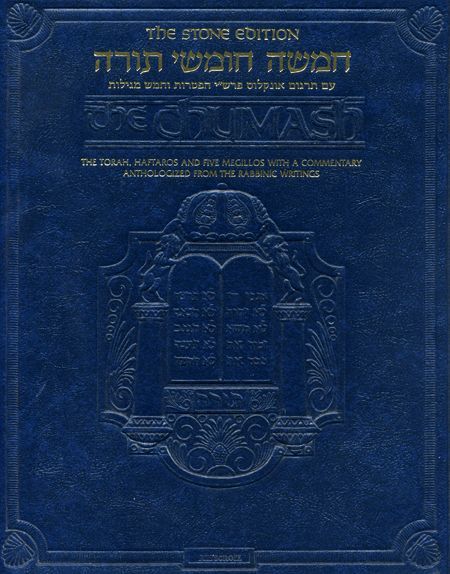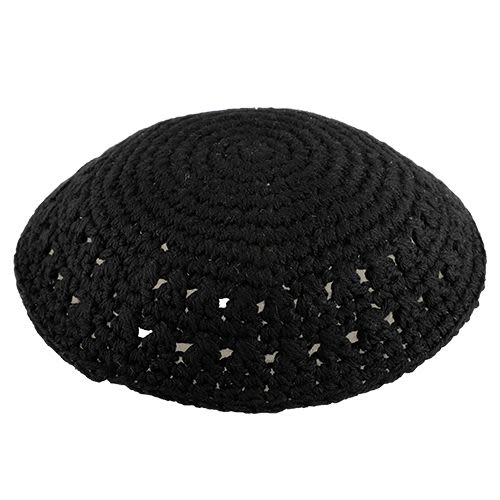
The War of Amalek
One must cut through the husk of agnosticism – the doubts in emuna and in the effectiveness of prayer - in order to pray to Hashem wholeheartedly…

Translated by Rabbi Lazer Brody
In Forest Fields, Part 62
Be forewarned – there are a number of factors that discourage a person from believing in personal prayer and in its power. These discouraging elements and doubts stem from a source of spiritual impurity known as “the husk of Amalek.” As with a fruit, one must cut through the husk (outer shell or peel) in order to partake of and enjoy the fruit. In the case at hand, one must cut through the husk of agnosticism – the doubts in emuna and in the effectiveness of prayer, in order to pray to Hashem wholeheartedly. This is the spiritual war of Amalek – fighting against and overcoming doubts in emuna.
The Torah tells us about Israel’s war with Amalek and that when Moses raised his hands (toward the Heavens, indicative of emuna), Israel would prevail. But, whenever Moses lowered his hands, Amalek would prevail.
Our sages say that Moses’ upraised hands mean that he prayed, and the Children of Israel followed suit, looking toward the Heavens for salvation. As such, Moses – the tzaddik of the generation – had the power to uplift the Children of Israel to a level of greater emuna and prayer, which subsequently led to their victory.
The War of Amalek is still with us today. Every time a terrorist strikes or some calamity befalls the Jewish people, Heaven forbid, Amalek is prevailing. Our only defense is to uplift our eyes and to turn to Hashem in prayer; as such, the tables will turn and Amalek will fall. In any predicament where no solution is in sight, the best and only course of action is prayer.

The prime reinforcement
Rebbe Natan of Breslev writes (Likutei Halachot, Choshen Mishpat, Nachlot 4) that people’s main obstacle to prayer is their lack of faith in the power of prayer. One cannot expect to have prayers answered immediately. But, with perseverance, one’s prayers are eventually answered. Having seen that his prayer really does work, his emuna is strengthened. Emuna is the spiritual vessel for holding the blessings of abundance, both material and spiritual. Increased emuna means increased blessings. As such, perseverance in prayer is the prime reinforcement of emuna, for one sees with his own two eyes just how amazingly effective prayer is.
Patience in prayer
Most people doubt the power of prayer and never get off the ground, thinking that personal prayer is a waste of time. Many others begin to pray and quickly become discouraged if and when their wishes aren’t fulfilled instantaneously. If they make an effort and pray for fifteen minutes, they feel that they’ve prayed extensively and are entitled to whatever they asked for. If they pray for something in what they consider a superhuman effort of thirty minutes – and still go unanswered – they lose heart. The evil inclination jumps in the bandwagon of their disappointment to destroy what little emuna they have left, telling them that personal prayer is ridiculous, for there’s no one on the other end of the line to hear those prayers, G-d forbid.
Patience in prayer means standing before Hashem and praying for as long as necessary. When it seems that prayer is ineffective, it’s only because one hasn’t prayed sufficiently.
Patience in prayer, when a person prays extensively without looking at his stopwatch, is a clear indication of emuna and a statement that he believes in the power of prayer. Patience in prayer and belief in the power of prayer enhance the effectiveness of prayer.
There are two main ploys to increase one’s patience in prayer and his ability to pray at length.
First, he should remind himself of the situations when his prayers were answered; this serves as an incentive to pray further. The evil inclination does its best to make a person forget about all the occasions when his prayers were answered, so he’ll despair and lose faith in prayer. But, when a person reminds himself of the wonderful times when his prayers worked wonders and he thanks Hashem for those times, he derives renewed strength to pray again at length and with vigor.
Second, he should ask Hashem to help him pray at whatever length is necessary to accomplish his goal. Here’s an example of a short prayer that’s extremely beneficial as a preface to personal prayer: “Hashem, I don’t know how much prayer is necessary to have my request fulfilled. Please, enable me to pray at whatever length is required to attain my needed salvation. Help me persevere with emuna, and never to be discouraged until my prayers are answered.”
To be continued.














Tell us what you think!
Thank you for your comment!
It will be published after approval by the Editor.